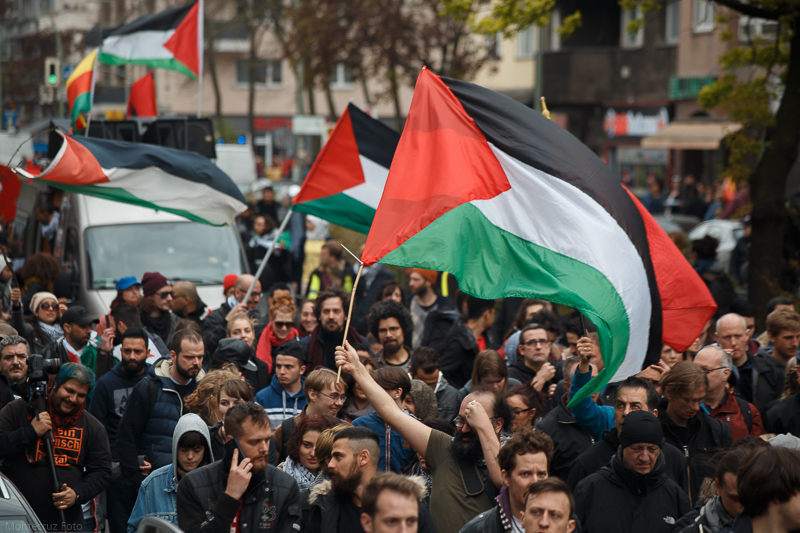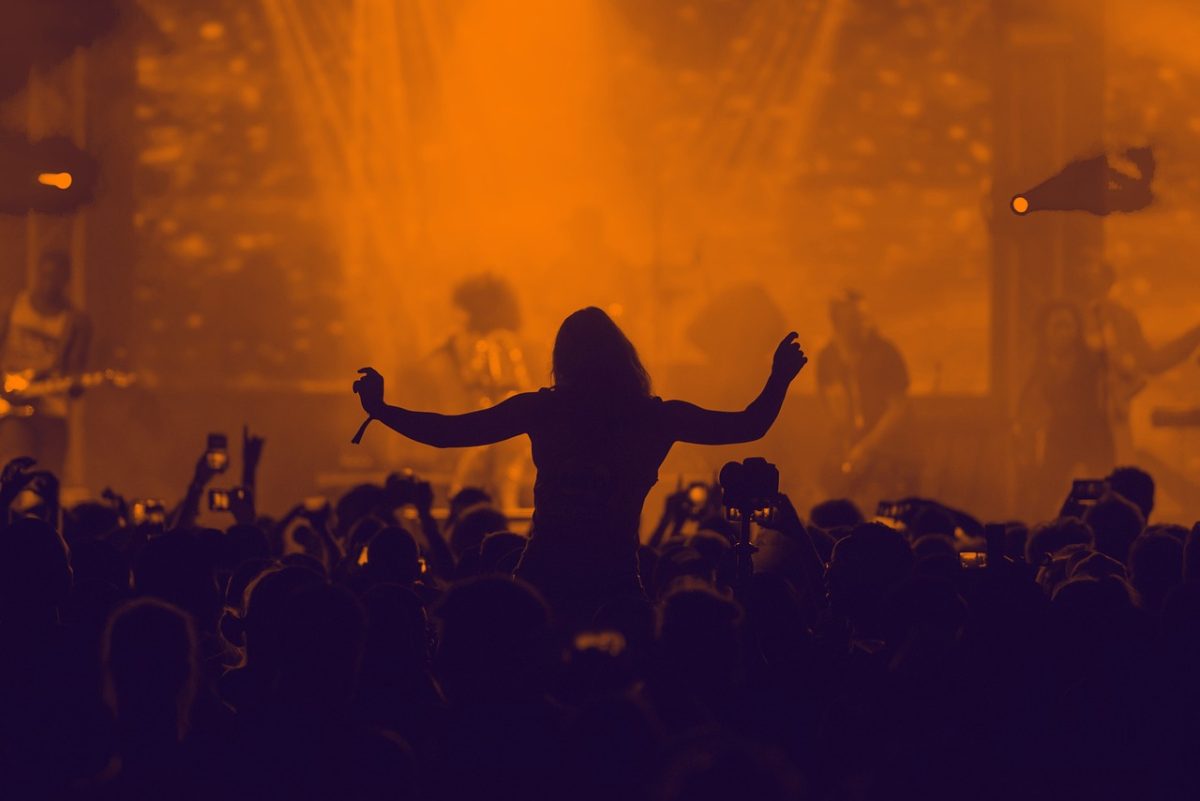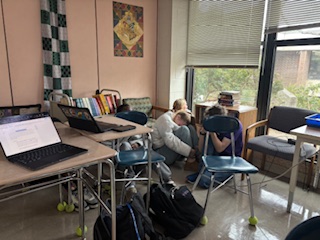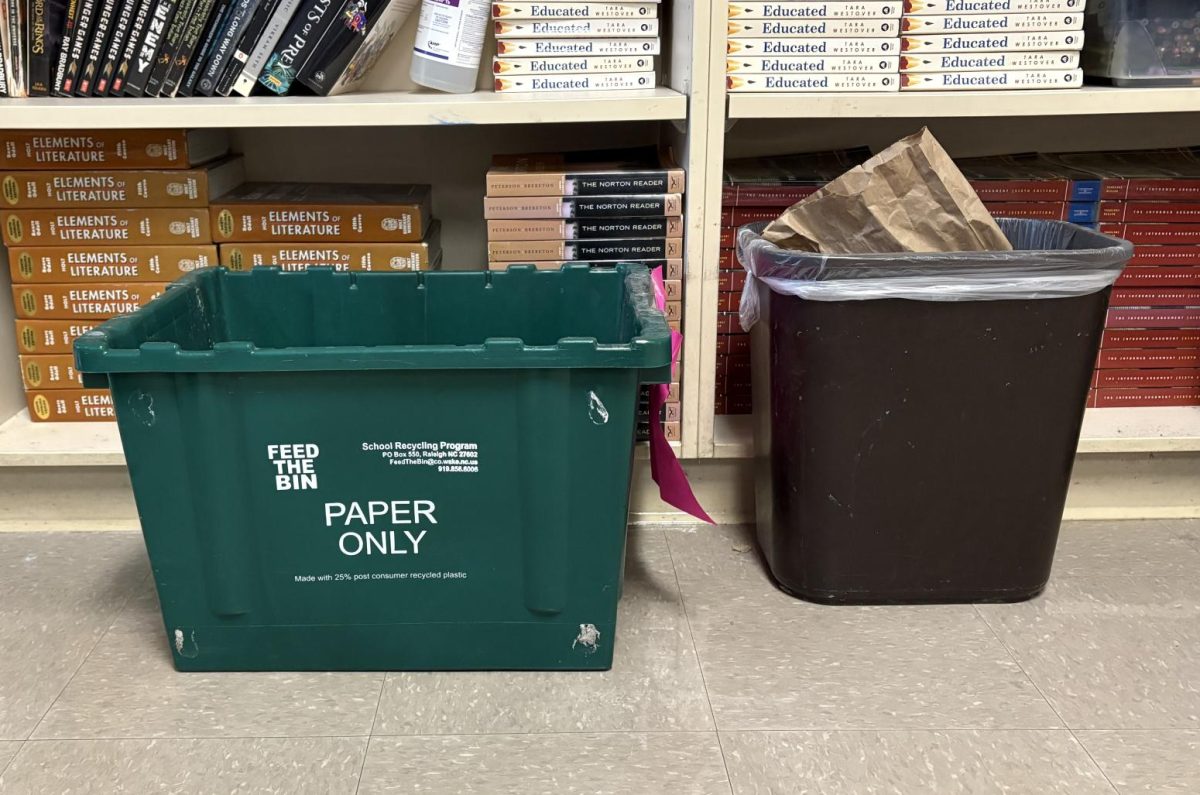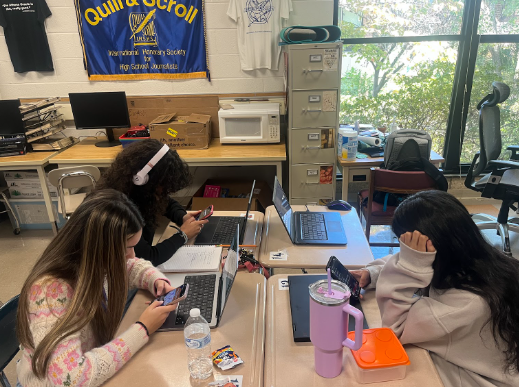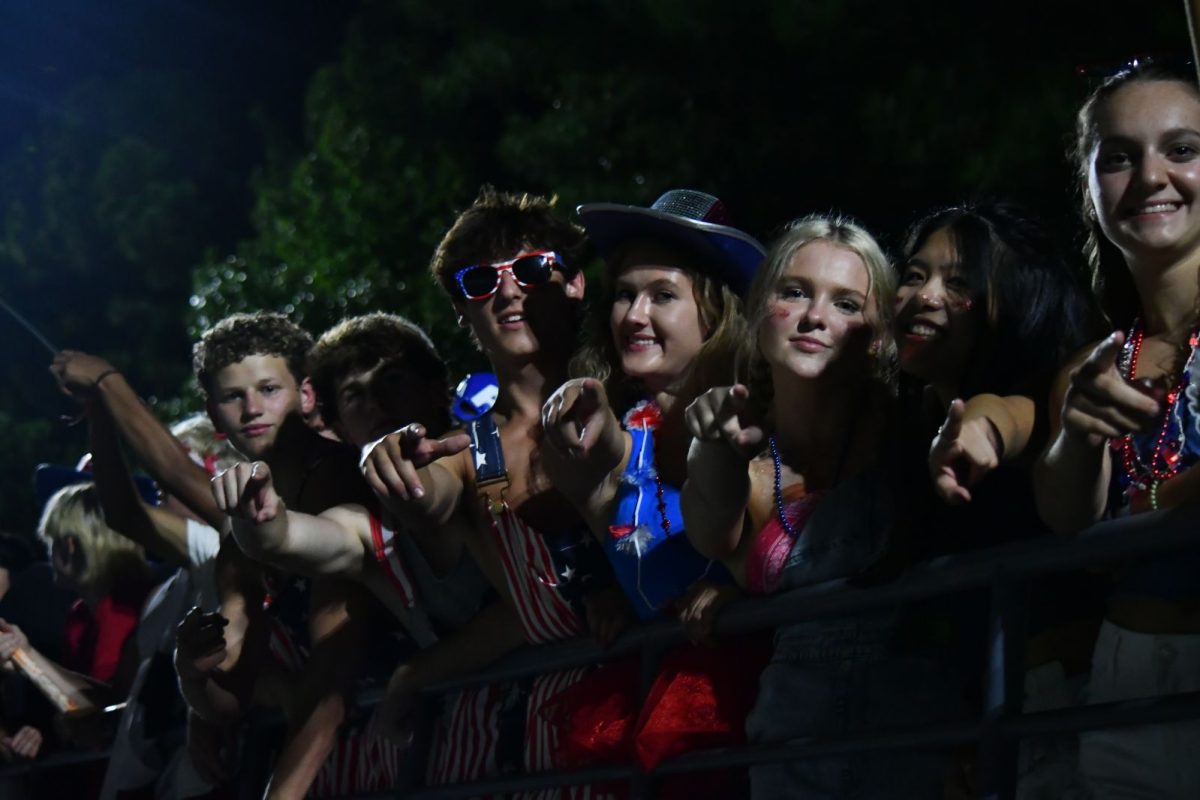I was raised between the morning and evening prayer calls at my local mosque. Like most kids in my community, I knew every nook and cranny of the white-stoned building like the back of my hand. And though the paths between its lobby entrance and the pre-renovated playground were not exactly fit for children’s feet, we journeyed through them every Friday night. There has always been this unspoken understanding within the community: We take care of each other. And in that silent harmony, a home away from home is created for all who take the heavy steps into our green-carpeted prayer rooms. So we walked comfortably with a sense of comradery at our backs.
I mention that comradery not because it is a promising start to this piece of writing, but solely because it is such a distinctive characteristic of community that we so often disregard. It is from this connection that I, myself, captured perspective. Without it– without that safety in togetherness– how can any one group of people thrive?
I mention that comradery– that safety in togetherness– because it is exactly the trait that is eradicated in the name of war.
Such is the case of the ongoing turmoil directed at the country of Palestine from the intrusive state of Israel:
After World War 1, noting the dissolution of the Ottoman Empire, European powers sketched new borders for the Middle East in a push for colonialism. In the Balfour Declaration (1917), Britain publicly gifted Palestinian land to Jewish nationalists, claiming it as “a national home for the Jewish people.” And, thus, began the extraction of Palestinian people from their own country.
In a pursuit to create a Jewish ethnostate on the grounds of Palestine, Zionist forces fueled the 1948 war, which warranted the ethnic cleansing of Palestinian people. About 750,000 Palestinians were expelled from their homelands, leaving behind them ruins of what used to be villages rich with culture.
May 15th, 1948, widely known as the “Nakba,” marks the day Israel took root on blood-stained land– a day that is commemorated every year by around 12.4 million Palestinians.
At this point, Israel had occupied about 78% of historic Palestine, demolished about 530 Palestinian cities, launched about 50 massacres, and killed about 15,000 Palestinians.
In 1967, ending the June War between Israel, Egypt, Jordan, and Syria, Israel took over the remaining portion of Palestine in an event known as the “Naksa.” In the small matter of six days, the West Bank, East Jerusalem, and the Gaza Strip– all once painted red, white, black, and green– were then officially under the thumb of Zionist forces.
For decades, generations of Palestinians watched their portion of land fade from the world map, and with it, the memory of their proprietorship. All washed out by hands stronger than their own.
Today, Israel’s occupation of Palestine remains headstrong.
Palestinians who remain in what is now known as Israel have completely had their identity documentation revoked. They cannot safely work. They cannot safely access healthcare. They cannot safely obtain an education. They cannot safely travel within the country.
And as though reducing a group of people to zero legal status and nullifying their claim to human rights isn’t enough to drain their tenacity, the Israeli military attacks Palestinian people on a daily basis through air strikes, shootings, and bombings. On a daily basis.
Their Palestinian identity is abrogated, as is their religious association.
Like clockwork, the Israeli military attacks Masjid Al-Aqsa– the most sacred mosque known to the religion of Islam– every year during the holy month of Ramadan, bloodying people in the midst of prayer. And, somehow– somehow– people resort to deflecting any criticism of Israel by claiming that it is anti-semitic.
Anti-Semetic?
Almost every atrocity aimed at Palestinian Muslims from Israel goes uncondemned by mainstream media or even ignored.
The generations of this age pride themselves in creating a superior, empathetic race: we press palms over the span of seas and swear that another time will not come when a blind eye is turned to the victimization of human beings. Yet every second that we hold that pride close is a second that we nurture a far further patronizing form of ignorance than the world has ever faced. It is not that we are choosing to ignore pieces of reality in hopes of keeping a grip on some sort of fantasy as we’ve seen across all pages of history. No, we claim to meet gazes with oppression and dismantle it beyond recognition.
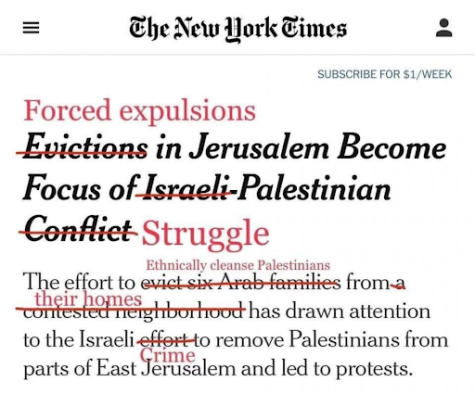
The same people who claim to be socially conscious succumb to the manipulation delivered to them by international leaders, politicians, and especially the media, in regard to the dynamics between Israelis and Palestinians– allowing anti-Palestinian biases to blend into new-age activism and sugarcoating human rights violations by broadcasting headlines such as “Shireen Abu Akleh, Trailblazing Palestinian Journalist, Dies at 51,” rather than leading with the truth, “Shireen Abu Akleh, Trailblazing Palestinian Journalist, Assassinated by Israeli Sniper While Wearing a Press Vest and Reporting on Israeli Military Violence.”
The Israeli occupation, though it claims to be, and is believed to be, is far from passive. Yet here we are, again, allowing scapegoats to justify inhumanity.
The irony is so evident that it’s almost laughable. Almost.
To push a group of people off of their own grounds and assert that they are the oppressor.
The strategy is so simple that it’s almost beyond belief. Almost.
To tear at a group of people’s sense of comradery– their safety in togetherness– and have the world sit back and let it happen.

